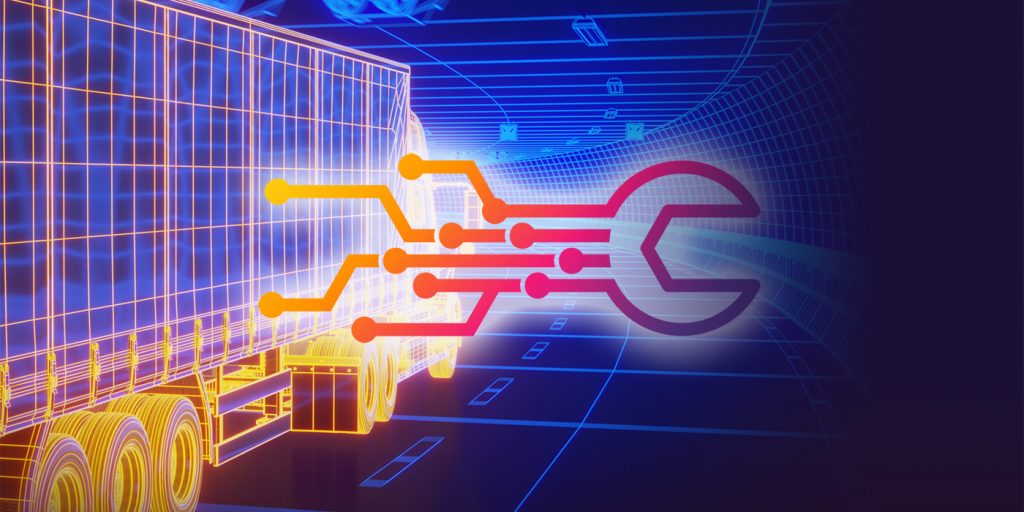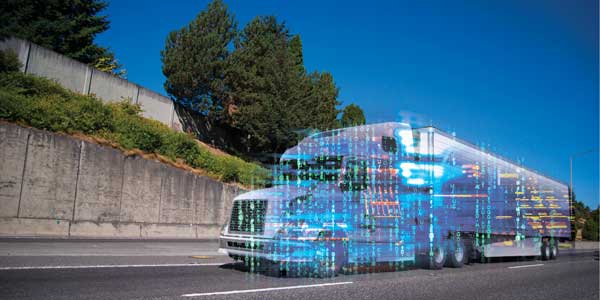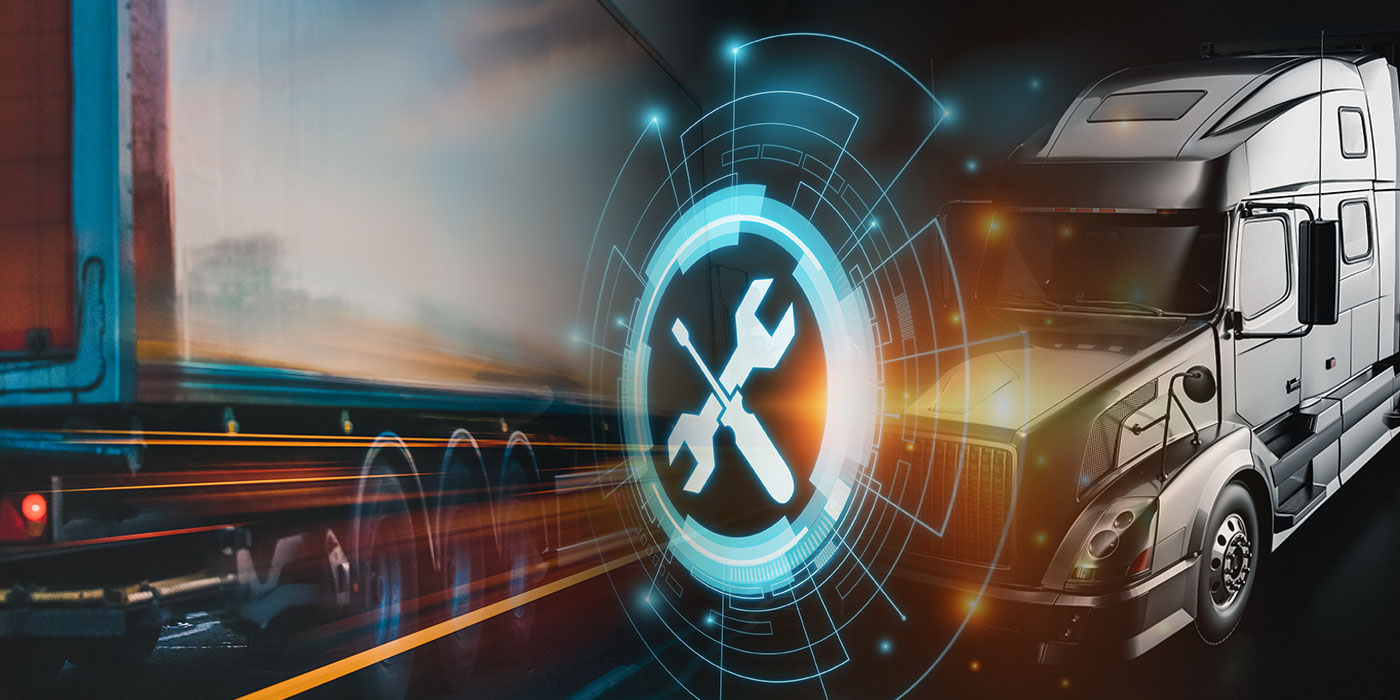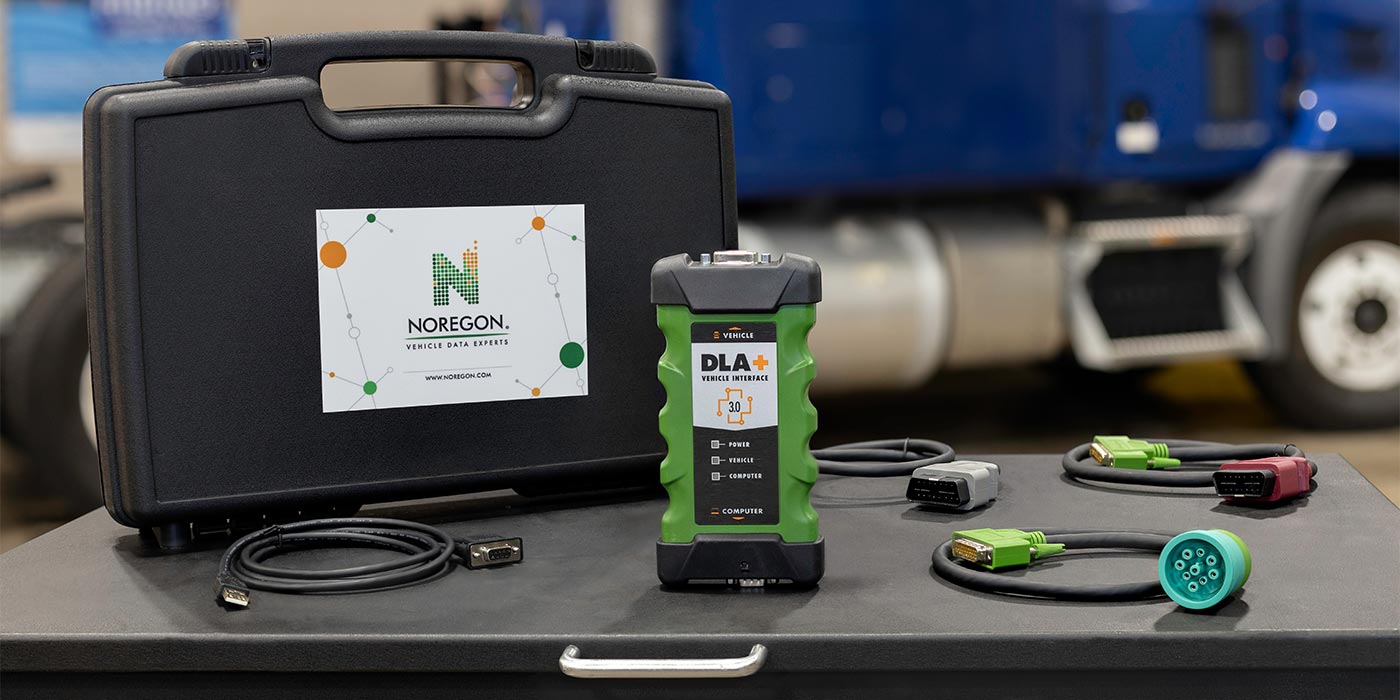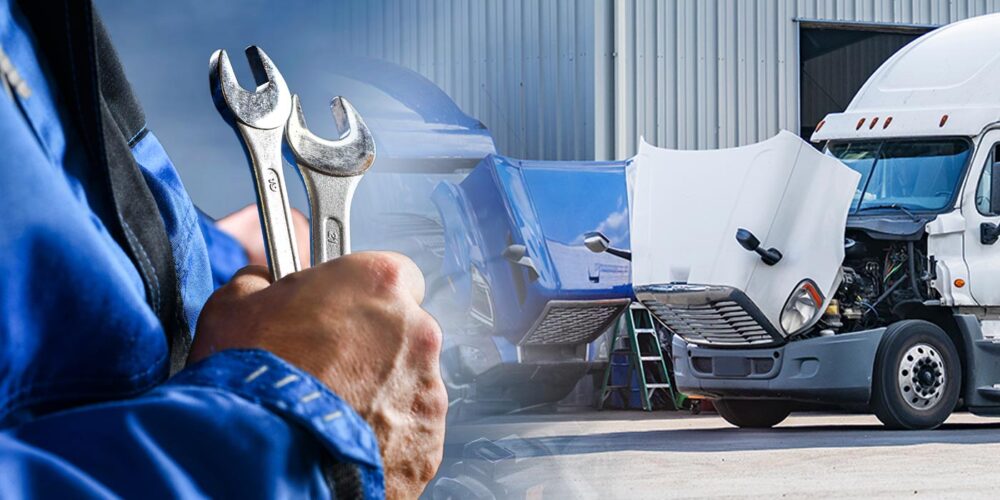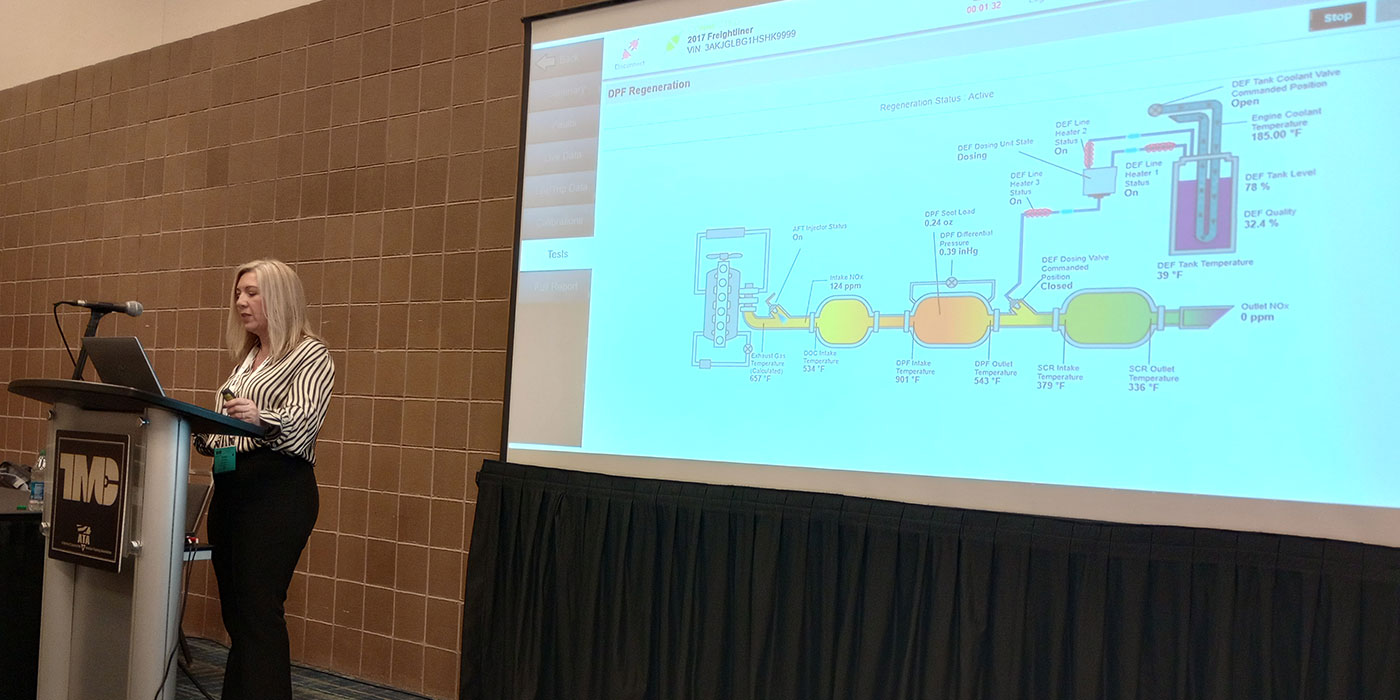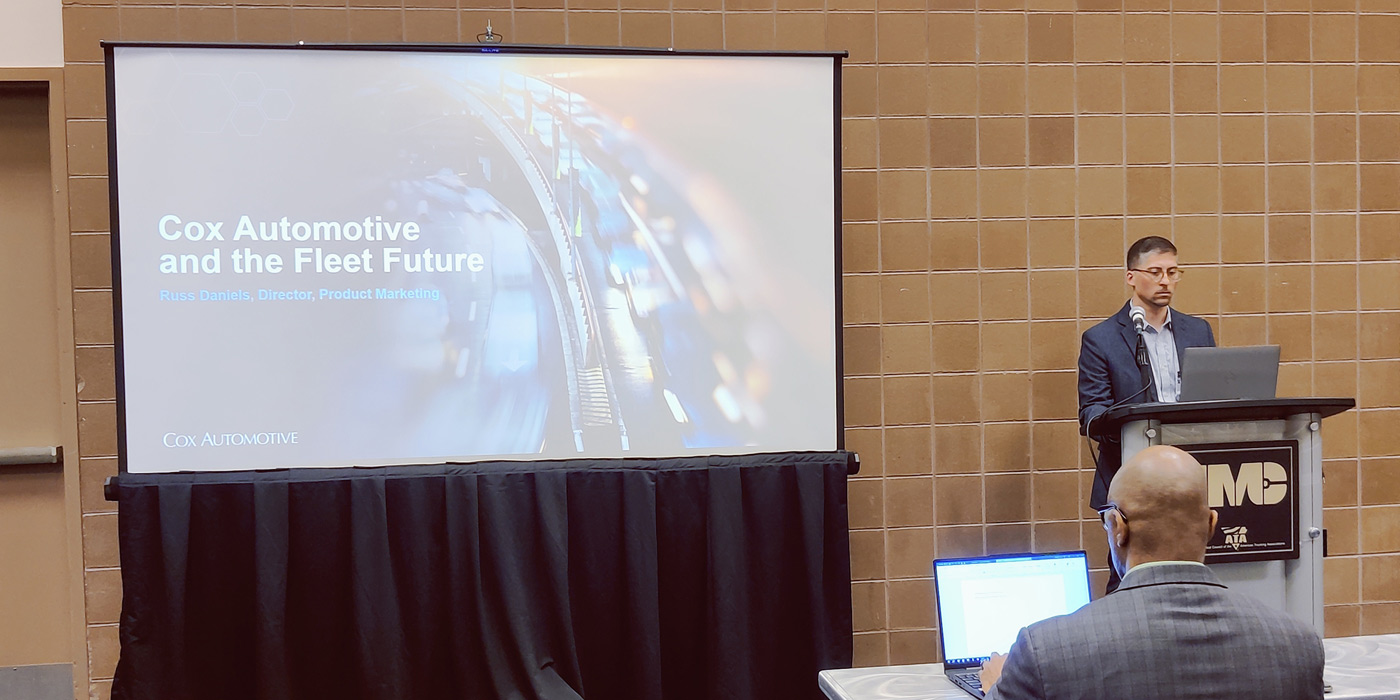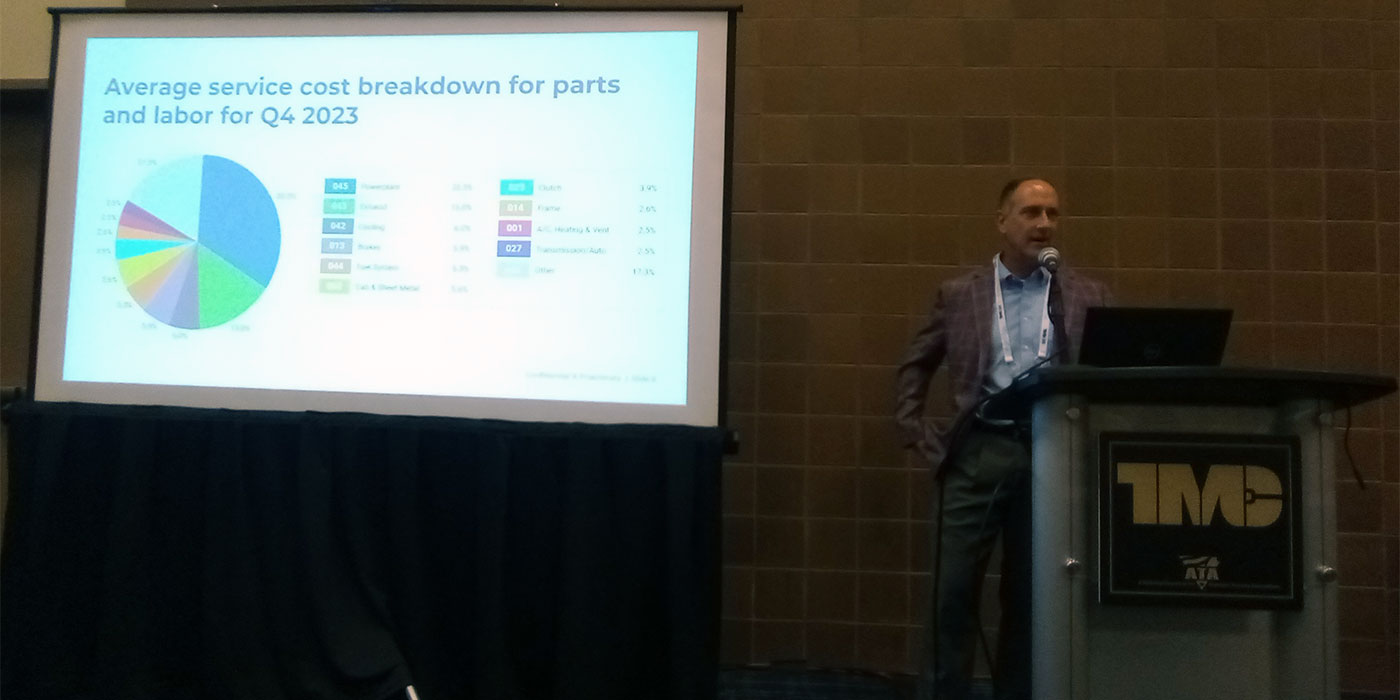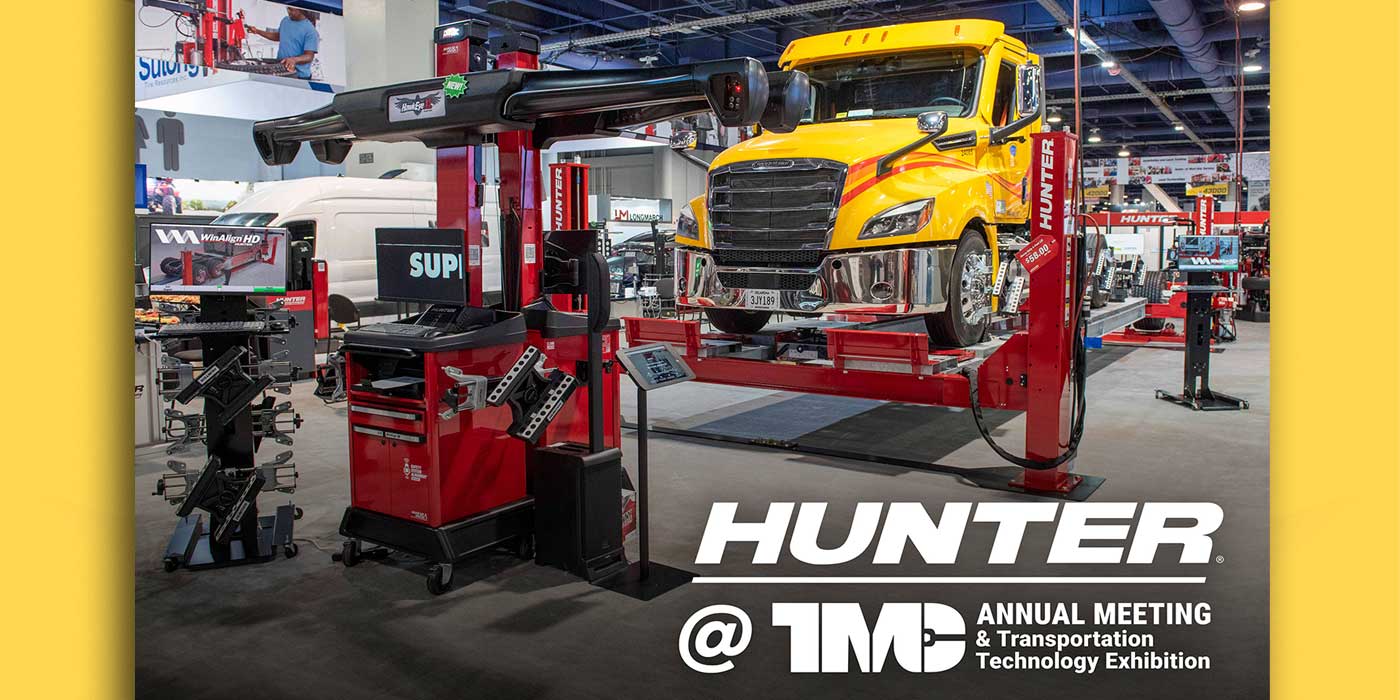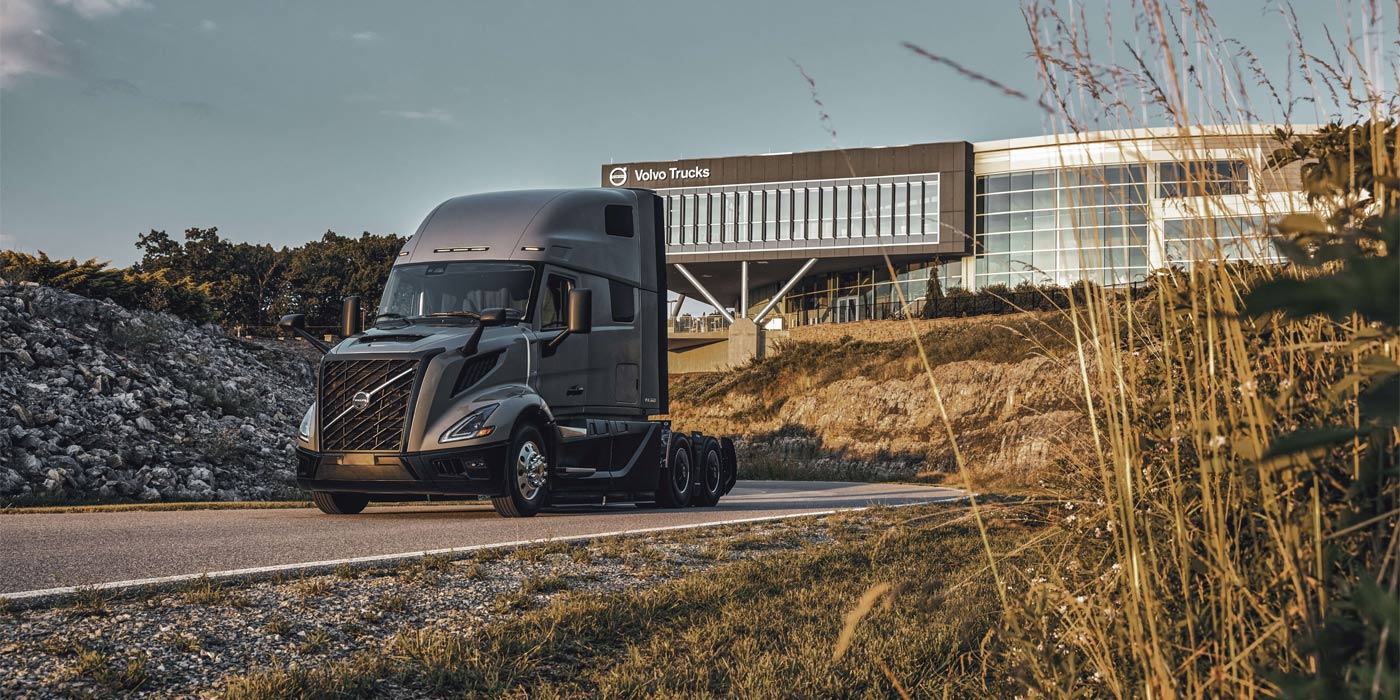Widespread electrification hasn’t happened yet, but even the most skeptical observers would have to agree that it’s coming to trucking, in some form, soon. Whenever electric vehicles do become more commonplace, fleets will need to be ready for the differences between those and the diesel trucks they’re used to—and just as importantly, technicians will too.
So what will technicians need to be prepared for?
“The largest maintenance item, the engine, has been replaced by motors and inverters that require a different technician skill set,” notes Julie Marshaus, manager of new product introductions, systems eMobility for Eaton Corp. “The main focus for reducing this gap is additional technician training on how to work on these vehicles, such as lock out, tag out.”
“Technicians will go from repairing internal combustion engines fueled by diesel to electric motors fueled by over 600 volts of traction voltage,” says John Moore, product marketing manager with Volvo Trucks North America. “Twelve-volt chassis to a combination of 12-, 24- and 600-volt chassis. Of course, training and certification will be required to work on electric vehicles.”
“Most technicians have had little or no exposure to the operation of a battery electric vehicle [BEV],” notes Steve Slesinski, director of global product planning for Dana. “Maintaining a BEV is greatly simplified over a mechanical system since the internal combustion engine, transmission, aftertreatment, exhaust, fuel systems and filters are no longer present.”
According to Slesinski, scheduled inspection items for an EV include: electro-hydraulic steering pump; air compressor; cabling; connectors; radiator and hoses; front steer and rear drive axle; and brakes and wheel-ends, which must continue to undergo their regularly scheduled maintenance practices as well.
If you’re working on a diesel-electric hybrid, things will be a bit different.
“Hybrids avoid the need for off-board charging requirements and large battery packs, but still require maintenance of all conventional internal combustion engine powertrain components in addition to smaller electrified assist motors, inverters, batteries and cooling systems,” Slesinski says.
In addition to training, technicians will likely need the proper tools, including personal protection equipment (PPE).
“We expect frequent certification inspections will be necessary along with inspections of equipment before use,” says Rod Spangler, application engineering manager for BorgWarner.
All of which is to say: Before investing in electric trucks, you’ll need to make sure your staff of technicians is extremely prepared, because their jobs are about to change.

